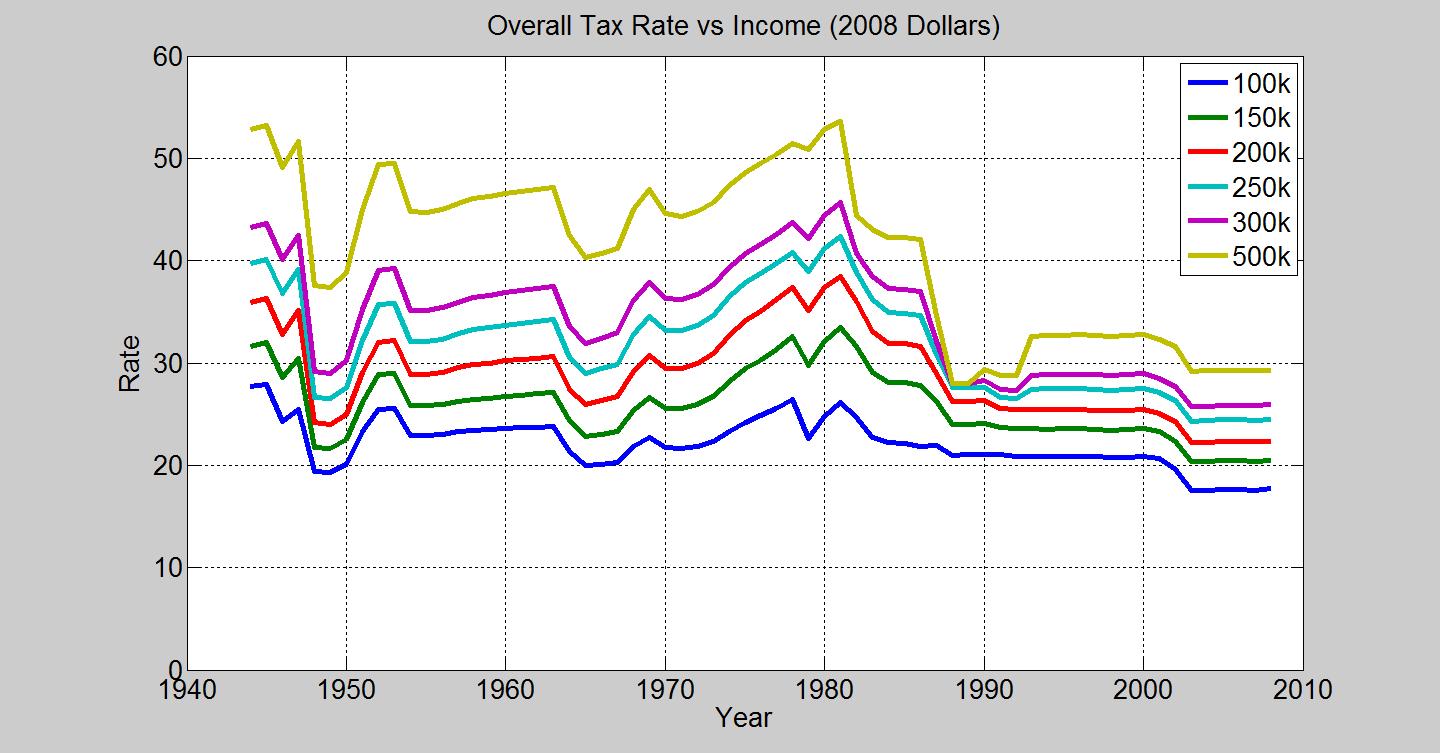Midpack
Give me a museum and I'll fill it. (Picasso) Give me a forum ...
I'm 5 years from RMDs, but I assumed I could put the RMD $ (that we don't want or need) into my Roth IRA. I'm going to pay income taxes on the RMD $ just like on a TIRA distribution going to a Roth conversion, so I don't understand the rationale for Congress (not the IRS) disallowing same. Anyone know why? 
I understand I can convert $ above and beyond my RMD amount from my TIRA, but not the RMD amount...
I understand I can convert $ above and beyond my RMD amount from my TIRA, but not the RMD amount...
Last edited:


